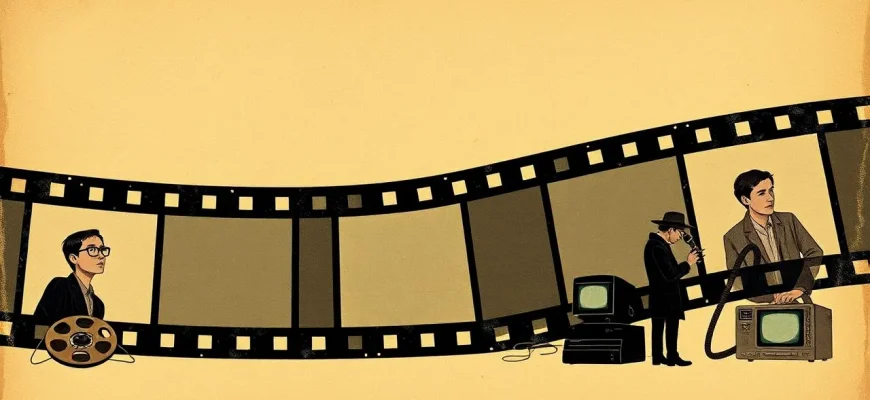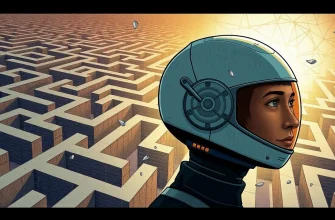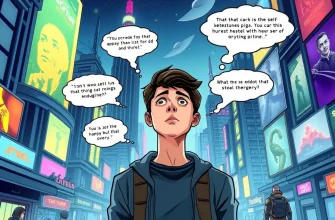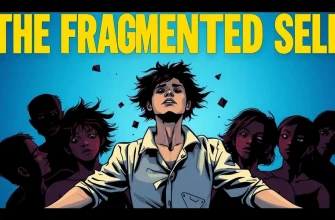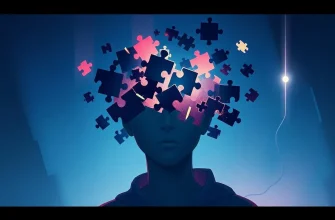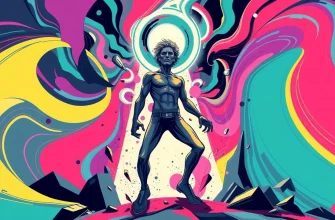Delving into the realm of false memories, these films offer a fascinating exploration of identity, reality, and the human psyche. From mind-bending plots to thought-provoking themes, this collection showcases the best of science fiction cinema, where the line between what's real and what's not becomes intriguingly blurred. Whether you're a fan of psychological thrillers or just love a good twist, these films will leave you questioning the nature of memory and reality.
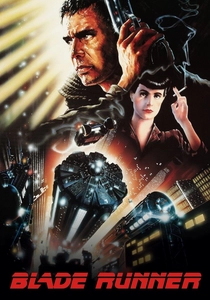
Blade Runner (1982)
Description: The film questions the nature of humanity and memory through the lens of replicants who have implanted memories, making them believe they are human.
Fact: Ridley Scott's original cut was significantly different from the theatrical release, and the film has since been re-edited multiple times.
 Watch Now
Watch Now
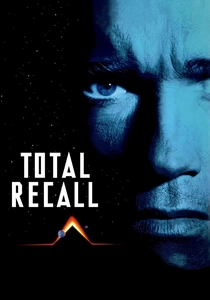
Total Recall (1990)
Description: In a future where memories can be implanted, a man discovers his entire life might be a fabrication. This film raises questions about identity and the authenticity of experiences.
Fact: The film was based on Philip K. Dick's short story "We Can Remember It for You Wholesale," and Arnold Schwarzenegger was not the first choice for the lead role.
 Watch Now
Watch Now
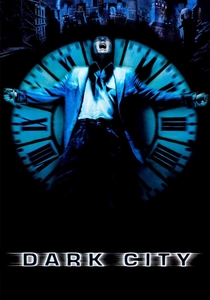
Dark City (1998)
Description: In a city where memories are manipulated by an alien race, one man's quest for truth unravels the fabric of reality itself.
Fact: The film was initially overshadowed by "The Matrix," but has since gained a cult following for its unique visual style and themes.
 Watch Now
Watch Now

The Matrix (1999)
Description: While not solely about false memories, the film's premise of a simulated reality touches on the theme, as characters grapple with the nature of their existence and memories.
Fact: The Wachowskis wrote the script in just three weeks, and the film's visual effects were groundbreaking at the time.
 Watch Now
Watch Now
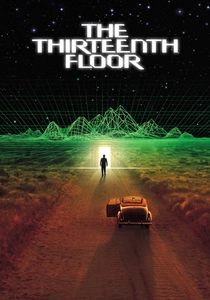
The Thirteenth Floor (1999)
Description: This film explores virtual reality and the possibility that our world might be a simulation, with characters discovering layers of false memories and realities.
Fact: It was released around the same time as "The Matrix" and "eXistenZ," leading to comparisons and discussions about virtual reality in cinema.
 Watch Now
Watch Now
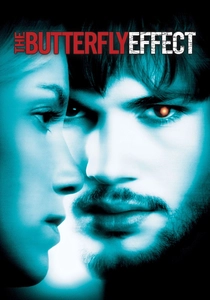
The Butterfly Effect (2004)
Description: A man discovers he can travel back in time to his childhood memories, altering events with unintended consequences, exploring the fragility of memory and time.
Fact: The film had several alternate endings, with the theatrical release being one of the more controversial choices.
 Watch Now
Watch Now

Inception (2010)
Description: This film explores the concept of entering dreams to plant or steal ideas, playing with the notion of what's real and what's a constructed memory.
Fact: Christopher Nolan was inspired by his own dreams and the idea of dream within a dream, and the film's complex narrative structure was meticulously planned.
 Watch Now
Watch Now
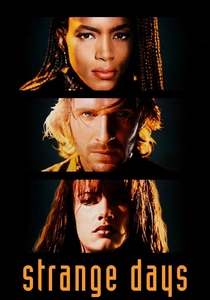
Strange Days (1995)
Description: Set in the near future, this film features a technology that allows people to record and experience others' memories, leading to a dark exploration of voyeurism and identity.
Fact: Kathryn Bigelow directed this film, making it one of the few sci-fi films directed by a woman at the time.
 30 Days Free
30 Days Free
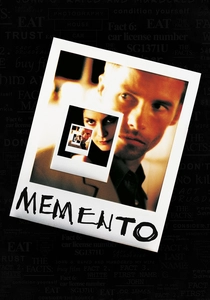
Memento (2000)
Description: Told in reverse chronological order, this film follows a man with short-term memory loss who uses notes and tattoos to hunt for his wife's killer, blurring the lines between memory and reality.
Fact: The film was inspired by a short story by Jonathan Nolan, and its non-linear narrative structure was a bold choice that paid off critically.
 30 Days Free
30 Days Free
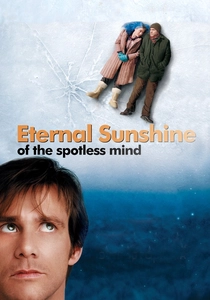
Eternal Sunshine of the Spotless Mind (2004)
Description: This film delves into the concept of erasing painful memories, exploring the consequences and ethical dilemmas of such a procedure. It's a poignant look at love, loss, and the human desire to forget.
Fact: The film was inspired by a short story by Charlie Kaufman, and its title comes from a poem by Alexander Pope.
 30 Days Free
30 Days Free

